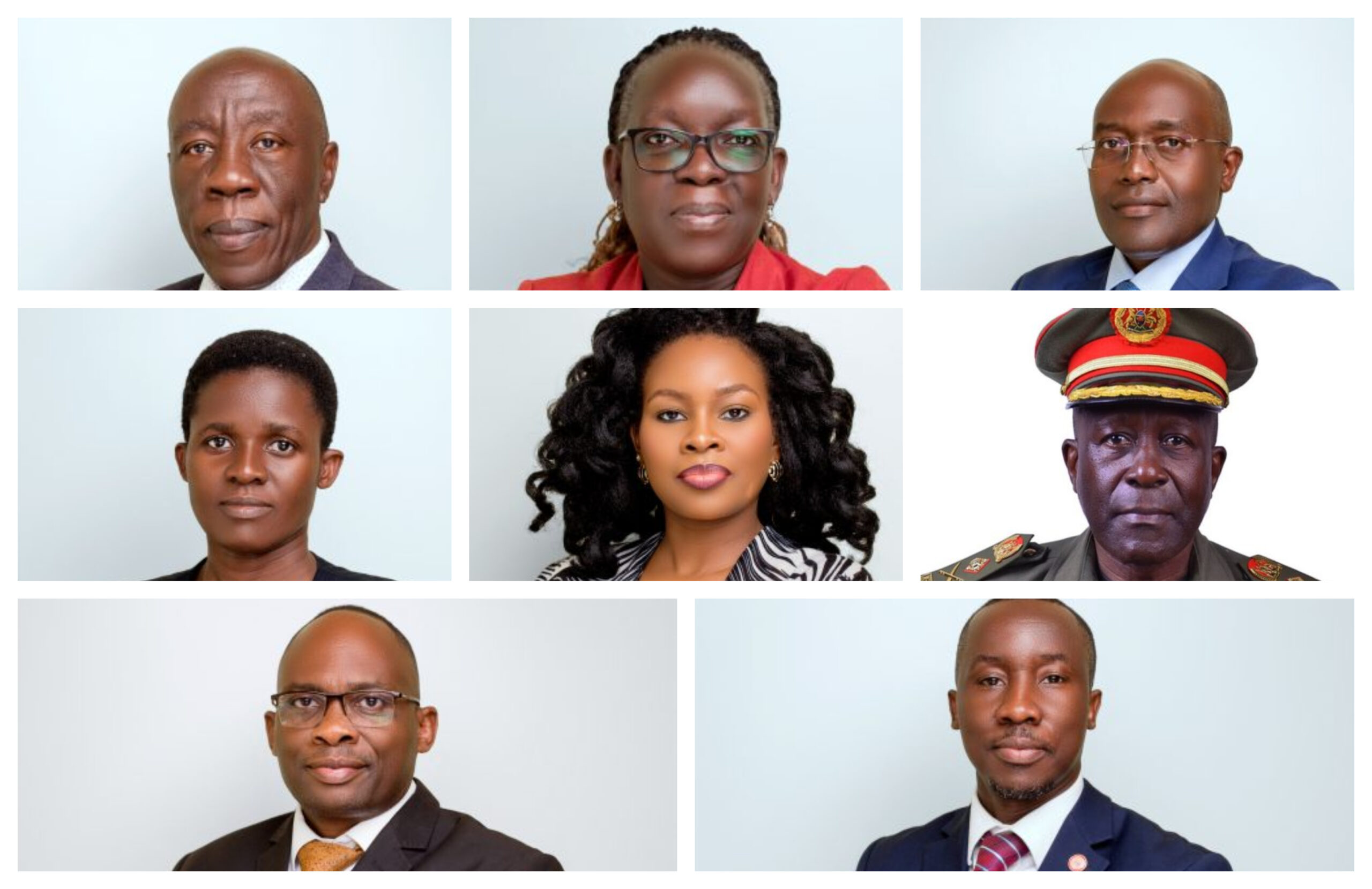The Engineers Registration Board (ERB) is set to enforce a rule requiring all foreign nationals involved in engineering projects to register and obtain ERB certification within four months of their…
Uganda sets tough certification rules for foreign engineers

